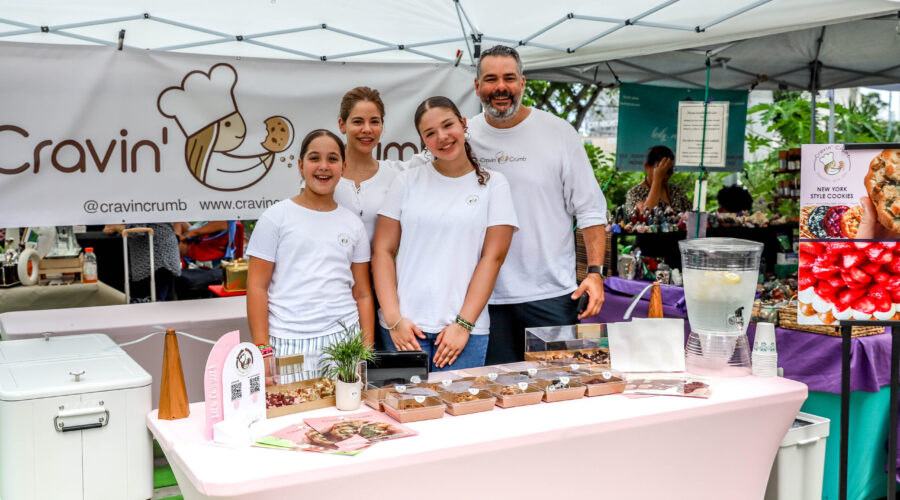How to Apply to Be a Vendor at Farmers Markets in Miami
With Miami’s farmers markets growing in popularity, more small businesses, artisans, and food entrepreneurs are seeking opportunities to sell their products. Whether it’s your first time or you’re expanding to new markets, knowing how to apply professionally will increase your chances of getting accepted.
This post breaks down the entire vendor application process — from registration to compliance.
1. Choose the Right Market for Your Business
Before applying, research:
- Target audience (family-friendly vs nightlife crowd)
- Market vibe (organic produce vs crafts & art)
- Size and foot traffic
- Cost to participate
- Setup requirements (tent, power, permits)
Browse upcoming markets on the Unite Worldwide Events Calendar.
2. Prepare a Vendor Portfolio
Market organizers want to see that you’re professional, compliant, and visually appealing.
Include:
- Product descriptions
- Price list or menu
- High-quality images of your booth setup and products
- Business license and insurance (if applicable)
- Social media or website links
- Food vendors: health certifications and food handler’s license
Create or update your vendor profile on Unite Worldwide to submit your materials quickly to multiple markets.
3. Understand the Application Timeline
Most farmers markets in Miami have:
- Seasonal application periods (Spring, Summer, Holiday, etc.)
- First-come, first-served vendor space
- Limited spots for food trucks, live demos, and electricity access
Be early and organized. Some organizers approve applications up to 3 months in advance.
4. Know the Common Fees and Costs
Typical costs:
- Application Fee: $25–$75
- Daily Booth Fee: $50–$200 depending on location
- Add-ons: Electricity, premium location, double booth
Tip: Discounts may be offered for vendors booking a full season.
See Unite Worldwide’s market management portal for pricing comparisons across events.
5. Permits and Documents You Might Need
Depending on what you’re selling:
- DBPR Mobile Food Permit: For food trucks or temporary food vendors
- Sales Tax Certificate: Florida Department of Revenue
- General Liability Insurance: Required by most event organizers
- Fire Inspection Certificate: If cooking onsite or using propane
Apply for permits through Florida DBPR or consult your county’s business development office.
6. Boost Your Approval Odds
To stand out:
- Provide great photos and branding
- Include positive customer reviews or testimonials
- Offer samples or experiential booth ideas
- Show you’re active on social media (tagging the market helps!)
Tagging events you’ve applied to on Instagram (before acceptance) shows interest and helps build relationships.
7. What Happens After Approval?
Once accepted, you’ll receive:
- Market rules and regulations
- Load-in/out instructions
- Parking and setup logistics
- Booth assignment
Need help coordinating market appearances? Try Unite’s vendor management tools to track approvals and paperwork.
Internal Links
External Links
Conclusion
Applying to become a vendor at a Miami market can be simple with the right preparation. From curating a stunning booth portfolio to securing the necessary permits, every step plays a role in your success.
Ready to start vending? Apply through Unite Worldwide and access dozens of opportunities across Miami and South Florida.


